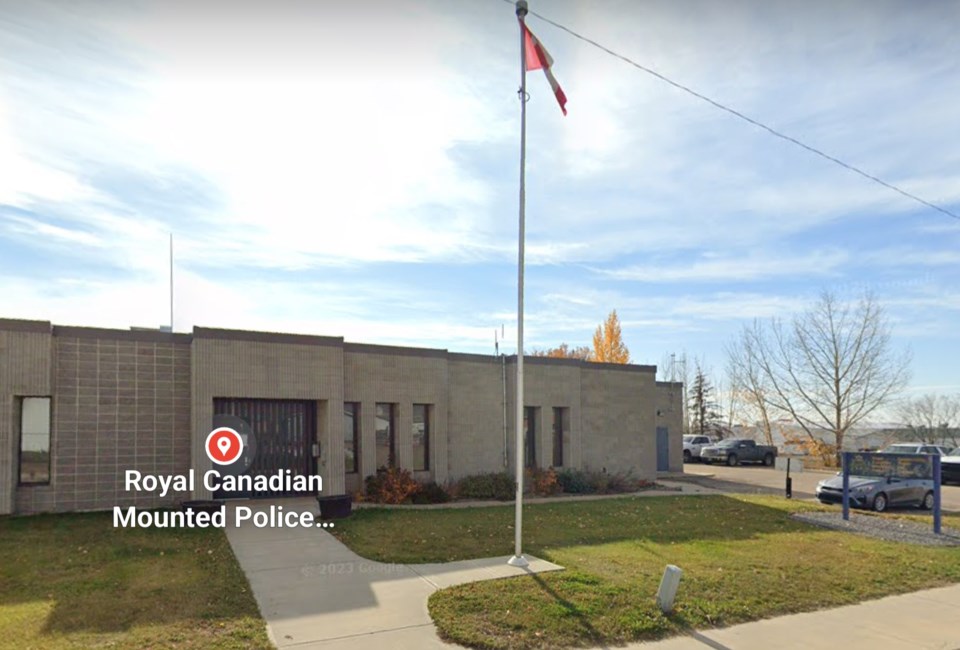Scams continue to occur and get more and more difficult to identify as a scam as fraudsters get more sophisticated.
Constable Ashish Ralh of the RCMP Barrhead detachment, is currently investigating a Barrhead scam case.
“In June, a victim received a fake fraud alert on their laptop, prompting them to contact a scammer posing as a TD Bank representative,” explained Constable Ralh.
“The scammer claimed that the victim’s computer was hacked and $31,000 was being transferred out of their account.”
“The scammer gained the victim’s trust by knowing their bank account balance and their last transaction, and even sent a fake ID card via text.”
“The victim was instructed to transfer $60,000 into a specific account to “catch” the potential scammers.”
“The scammer promised to deposit $60,000 into the victim’s account as a show of good faith.”
“Unfortunately, the victim wired $60,000 to an unknown US bank account as per the scammer’s request, only to discover that the scammer had withdrawn funds from the victim’s other bank accounts and deposited $60,000 before the transfer.”
“This case illustrates the complexity of cross-border investigations. We’re working with US agencies to investigate and identify the suspect.”
RBC is another financial institution seeing their name used in scams as detailed on their website under Scam Alerts.
Scammers identify themselves as bank employees calling people by phone identifying fraudulent activity on the account asking to cancel the person’s cards as soon as possible.
The scammer advices that someone will pick up your fraudulent cards with your pin numbers from your house.
Someone dressed as a courier arrives to collect the cards and the scammer caller advises you to hand over the cards.
The fraudsters deplete the accounts as quickly as possible including bank accounts, credit card accounts and makes point-of-sale purchases.
Some fraudsters will ask to cut up the card leaving the chip untouched, allowing the scammers to still use the card after collecting it according to the RBC website.
Everyone, especially seniors, need to be suspicious of scam attempts when contacted by anyone.
Constable Ralh highlights protective measures to prevent becoming a victim of fraud.
1. Don’t share personal information/photos/videos with unfamiliar individuals online
2. Be cautious with online postings, as scammers can gather personal information
3. Never send money to anyone you haven’t met in person or are not familiar with
4. Verify phone numbers before responding to calls/messages
5. Don’t give out personal information or answer calls from unrecognized numbers
6. Never open emails or attachments from unknown senders
7. Avoid remote access or screen sharing with unfamiliar individuals
8. Contact service providers directly using official website phone numbers
9. Don’t click on unsolicited pop-ups or virus warnings
10. A police officer or other law enforcement officer will never call you and threaten you with paying money in exchange for avoiding jail
11. Protect online accounts and create strong passwords
12. Report any fraudulent activity to the Canadian Anti-Fraud Centre as well as your local police jurisdiction.
By increasing your knowledge of what type of scams are happening you can more readily identify if scammers are attempting to make you a victim.
The Alberta Rural Crime Watch Association website posted a video on another cyber-crime situation.
More information is available at Canadian Anti-Fraud Centre (antifraudcentre-centreantifraude.ca)




